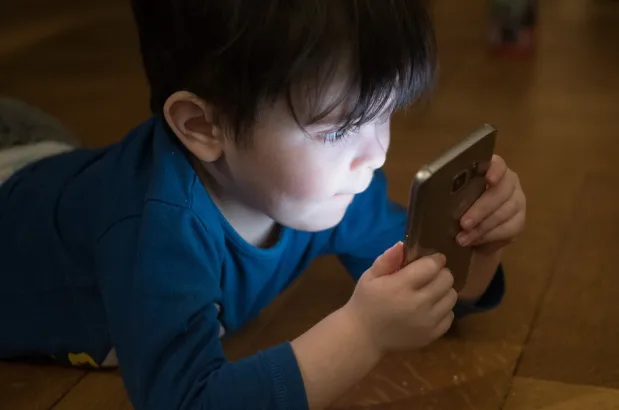Millennials or shall we say Generation Alpha is hooked to technology more than ever. For the most parts, it is social media that consumes most of their time.
Instagram influencers are now seen as professionals who are pulling off at what they do and even earning through it. People are suckers for huge following on Instagram, and the company did test a new layout for the profiles to deal with this obsession. But then again, how to limit screen time for kids these days?
A new study at the National Institute of Health (NIH) is investing $300 million to understand what happens inside a kid’s brain when they use smart gadgets. The study is aimed at delving in the intricacies of how screen-time affect the emotional well being and the brain’s growth in children. The study will have 11,000 kids participating in it. It will test 21 most frequently and commonly used sites to conclude.
Dr. Gaya Dowling, one of the researchers, working on the project told 60 minutes:
The focus when we first started talking about doing this study was tobacco, marijuana, all drugs the screen time component really came into play because we were wondering what is the impact? I mean, clearly kids spend so much time on screens.
Since it has been quite some time since the research started, the results of the initial participants are in. The changes observed in the kids’ brain who had a screen time of about seven hours a day were intriguing. Longer screen time caused a premature thinning of the cortex.
About the thinning of the cortex, Dr. Dowling explained:
That’s typically thought to be a maturational process. So what we would expect to see later is happening a little bit earlier.
She further explained that it is too early to conclude that the premature thinning of the cortex is happening because of increased screen time. However what she did confirm was the fact that the kids who spent more time in front of the screens scored low in thinking and language tests.
Dr. Dimitri Christakis from the Seattle Children’s Hospital commented:
In many ways, the concern that investigators like I have is that we’re sort of in the midst of a natural kind of uncontrolled experiment on the next generation of children.
The kids are asked to lie in the MRI machine. A mirror is placed on the inside of the MRI will swipe photos on their Instagram account. The kids, obviously, can’t use their phones inside the MRI machine as its signals will interfere with the machine’s. It will then monitor how the brain reacts when the screen is present in front of the kids with a special focus on finding out exactly which parts of the brain’s reward system are stimulated the most while using social media.
The researchers are also focusing on how the screen time affects the concentration of the neurotransmitter, Dopamine. Dopamine creates feelings of pleasure and is also responsible for people getting addicted to something.
It is decade-long research, and since it is ongoing research, the researchers from its team revealed that they would be sharing its findings next year.
Do let us know what you think in the comments section below!





Share Your Thoughts